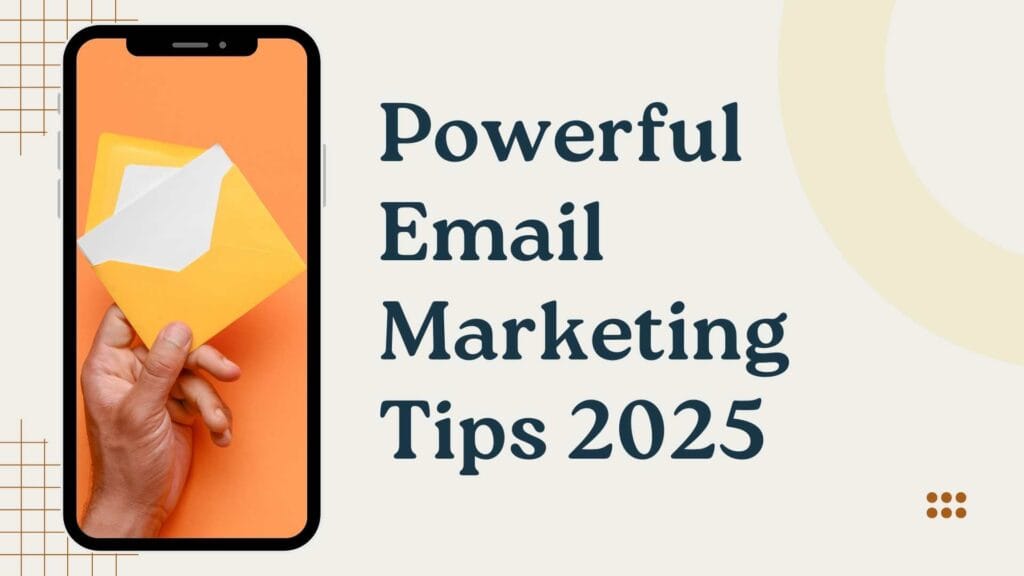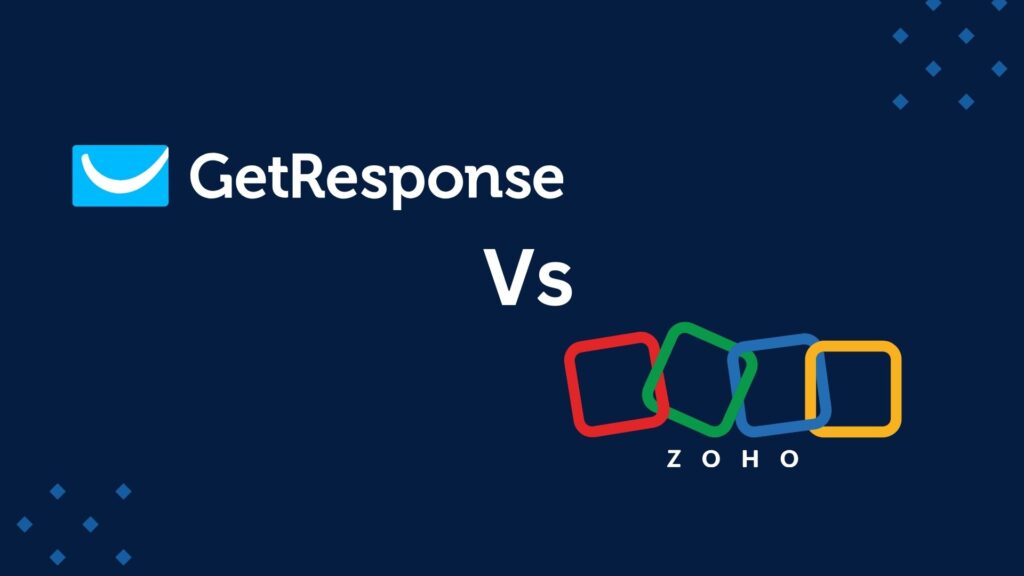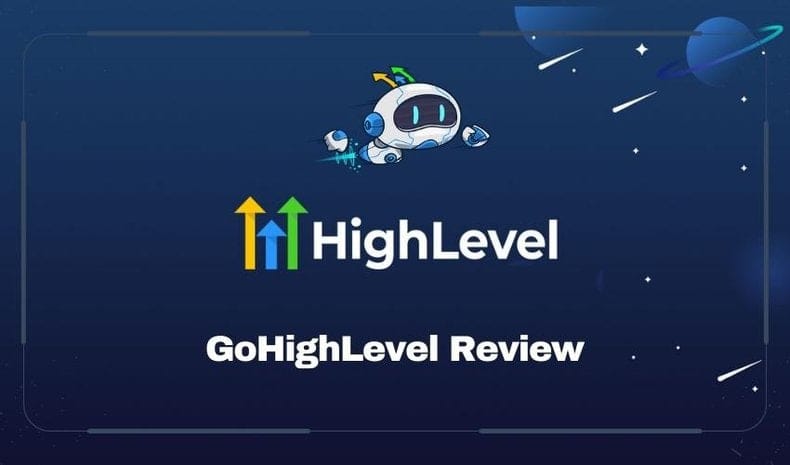HubSpot is a comprehensive CRM (Customer Relationship Management) platform that offers an integrated suite of tools designed to help businesses attract, engage, and delight customers. Originally launched in 2006 as an inbound marketing platform, HubSpot has since evolved into a full-fledged ecosystem that includes tools for marketing, sales, customer service, content management, and operations. Its modular structure allows companies to adopt only the hubs they need while ensuring seamless integration as their business grows.
HubSpot stands out for its ease of use, scalability, and robust feature set. Whether you’re a small startup looking for a free CRM solution or a large enterprise in need of advanced marketing automation, HubSpot provides the flexibility to meet diverse needs. In this detailed review, we examine each of HubSpot’s core offerings, evaluate its performance, and explore its pricing, pros, and cons to help you decide if it’s the right solution for your business in 2025.
HubSpot CRM: The Foundation of It All
HubSpot CRM is the cornerstone of the entire platform and is available for free with a generous set of features. It provides a centralized database where businesses can manage all their customer interactions, track deals, and monitor performance in real-time. The CRM offers unlimited users and up to 1 million contacts without expiration or time limits.
The interface is clean, intuitive, and customizable. Users can create pipelines, set deal stages, and use visual dashboards to track progress. Email tracking, call logging, task management, and meeting scheduling are seamlessly integrated, making it a one-stop shop for managing customer relationships. This core system ensures that all other hubs work cohesively, providing a unified customer experience across departments.
Marketing Hub: Automate and Amplify Marketing
HubSpot’s Marketing Hub is designed to attract and convert leads through inbound marketing strategies. It includes a comprehensive set of tools such as email marketing, lead capture forms, landing pages, SEO optimization, and social media management. Users can build multi-step automation workflows that nurture leads and move them through the sales funnel.
One of its standout features is the drag-and-drop email editor, which simplifies campaign creation. The system also allows for A/B testing, personalized content delivery, and behavioral targeting. Marketers can measure the ROI of campaigns through detailed analytics and attribution reports. The Marketing Hub scales well with businesses, offering advanced capabilities in the Professional and Enterprise tiers, such as smart content and adaptive testing.
Sales Hub: Close More Deals, Faster
Sales Hub empowers sales teams to close more deals by automating administrative tasks and providing deep insights into customer behavior. With features like email templates, sequences, deal tracking, and pipeline management, sales reps can spend more time engaging with prospects and less time on manual work.
Tools like email open and click tracking, real-time notifications, and predictive lead scoring help reps prioritize their outreach. Integration with calendars allows for easy scheduling of meetings, while the document tracking feature gives visibility into how prospects interact with sales collateral. Advanced plans include custom reporting, sales forecasting, and revenue analytics, which help in strategic decision-making.
Service Hub: Delight Your Customers
Service Hub is designed to enhance customer satisfaction and retention by streamlining support operations. It includes tools for ticketing, knowledge base creation, customer feedback collection, and live chat. These features help support teams resolve issues efficiently and maintain a high standard of customer care.
The Conversations Inbox aggregates communication across channels, ensuring that support agents can manage emails, chats, and calls from a single location. Feedback tools like NPS and customer satisfaction surveys provide actionable insights. With automation workflows, tickets can be routed to the right team members based on priority or category. The Service Hub integrates tightly with the CRM, giving support agents full context for every interaction.
CMS Hub: A Smart Content Management System
HubSpot’s CMS Hub is a powerful content management system tailored for both marketers and developers. It allows businesses to create and manage dynamic, personalized websites without relying heavily on IT support. The drag-and-drop page builder, customizable themes, and pre-built templates make it easy to launch professional websites quickly.
Developers can use HubL (HubSpot’s proprietary language), serverless functions, and APIs for greater flexibility. The CMS also offers features like SEO recommendations, website performance monitoring, and adaptive testing to improve user experience. With built-in security measures like SSL, web application firewall (WAF), and 24/7 threat monitoring, CMS Hub is suitable for businesses seeking scalability and reliability.
Operations Hub: Automate and Integrate Your Tech Stack
Operations Hub brings together data syncing, process automation, and data quality assurance to ensure that businesses operate efficiently. It enables teams to connect disparate tools and keep customer data clean and consistent across platforms.
With two-way data sync, businesses can ensure real-time updates across all connected apps. The programmable automation feature allows custom JavaScript to be written directly into workflows, enabling advanced logic for specific use cases. Data quality tools like automatic field formatting and duplicate management help maintain the integrity of customer records. Operations Hub is particularly valuable for businesses with complex tech stacks or those looking to scale operational efficiency.
User Experience: Intuitive and Scalable
HubSpot’s user experience is one of its biggest selling points. The platform is designed with a consistent interface across all hubs, reducing the learning curve and enhancing productivity. Navigation is straightforward, and most features are accessible within a few clicks.
The onboarding experience is well-structured, with guided tutorials, walkthroughs, and in-app tips that help users get started quickly. Custom dashboards allow users to tailor their workspace according to their role. As businesses grow, they can easily upgrade their plans and add new users or features without disrupting existing workflows.
Integrations and App Marketplace
HubSpot’s App Marketplace includes over 1,000 integrations with popular tools like Slack, Zoom, Shopify, WordPress, Salesforce, and QuickBooks. These integrations make it easy to connect HubSpot with your existing software stack.
The marketplace is organized by category and business function, making it easy to discover useful tools. Many integrations are one-click installations, while more advanced options allow for custom API configurations. This connectivity enhances the platform’s versatility and ensures that businesses can operate within a cohesive digital ecosystem.
Analytics and Reporting
HubSpot offers powerful analytics and reporting capabilities across all hubs. Users can create dashboards that aggregate data from marketing campaigns, sales activities, customer service interactions, and website performance.
Custom reporting tools allow users to segment data, filter by time periods, and visualize metrics through graphs and charts. Marketing attribution reports help track the effectiveness of individual channels and campaigns. In higher-tier plans, users can access revenue analytics, deal journey tracking, and predictive forecasting tools, which provide deep insights into performance and growth opportunities.
HubSpot Academy: Learn While You Grow
HubSpot Academy is an extensive learning platform offering free online courses and certifications. Topics range from inbound marketing and sales to customer service, SEO, and content marketing. The courses are taught by industry experts and are regularly updated to reflect current best practices.
Each course includes video lessons, quizzes, and practical exercises. Certification exams validate your knowledge and can be shared on LinkedIn or resumes. This makes HubSpot Academy an excellent resource not only for individuals looking to upskill but also for teams seeking standardized training.
Pros and Cons
Pros:
- All-in-one platform: Integrated tools for marketing, sales, service, CMS, and operations.
- User-friendly interface: Clean design with a consistent layout across modules.
- Generous free plan: Includes CRM, email tools, and basic automation features.
- Powerful automation: Especially in the Marketing and Sales Hubs.
- Scalability: Suitable for both small businesses and large enterprises.
Cons:
- High cost at advanced tiers: Professional and Enterprise plans can be expensive.
- Feature limitations on lower plans: Advanced analytics and automation are gated.
- Custom coding required for complex automations: May require developer support.
- Occasional performance issues: Platform can be slow during peak times.
Pricing Overview
Here is a summary of HubSpot’s pricing as of 2025. Prices may vary based on features, users, and contact limits.
| Hub / Plan | Free | Starter (Per Month) | Professional (Per Month) | Enterprise (Per Month) |
| CRM | Yes | Yes | Yes | Yes |
| Marketing Hub | Yes | $20 | $890 | $3,600 |
| Sales Hub | Yes | $20 | $500 | $1,500 |
| Service Hub | Yes | $20 | $500 | $1,500 |
| CMS Hub | No | $25 | $400 | $1,200 |
| Operations Hub | Yes | $20 | $800 | $2,000 |
Note: Some plans are billed annually. Add-ons like extra contacts, API calls, or custom reports may incur additional costs.
Conclusion: Is HubSpot Worth It in 2025?
HubSpot continues to lead the CRM space in 2025 by offering a unified platform that supports every stage of the customer journey. Its modular approach, combined with powerful automation and analytics, makes it a top choice for businesses of all sizes.
For startups and small businesses, the free and starter plans offer substantial value. As companies grow, they can seamlessly adopt more advanced features and hubs without switching platforms. Despite its high cost at the enterprise level, the ROI is evident through improved lead generation, sales performance, customer satisfaction, and team collaboration.
In summary, if you’re looking for a flexible, scalable, and user-friendly CRM solution that goes beyond traditional capabilities, HubSpot is undoubtedly worth considering in 2025.




